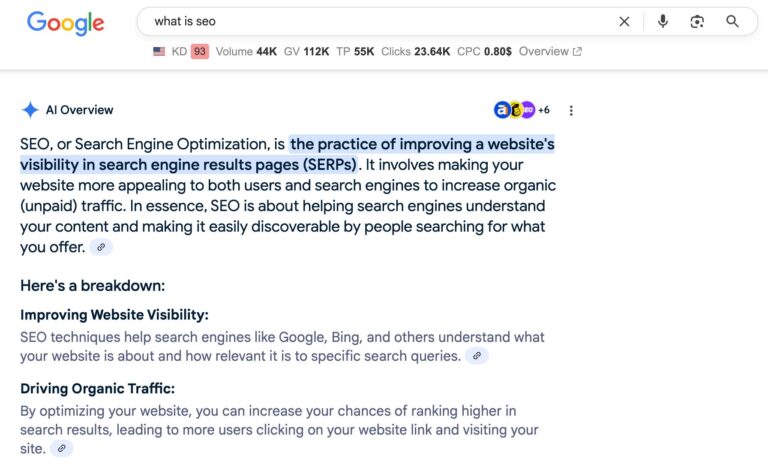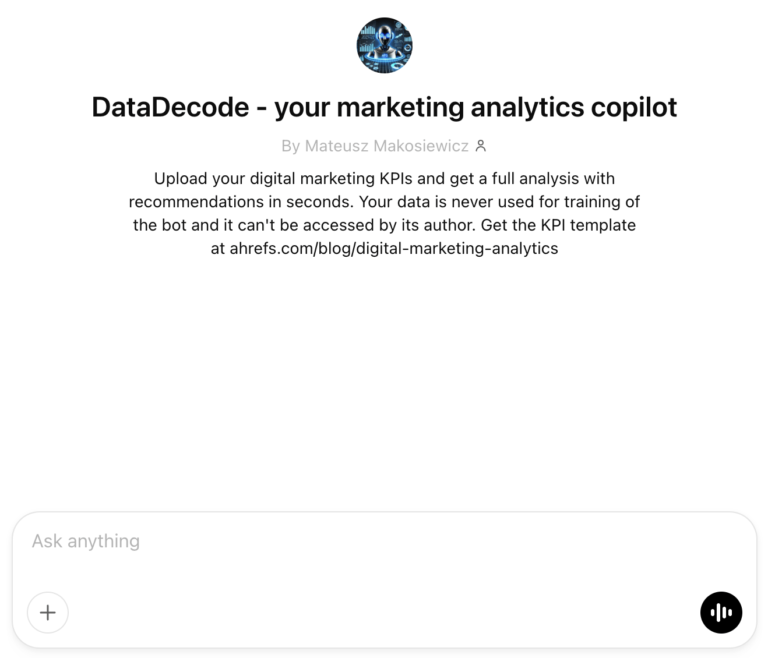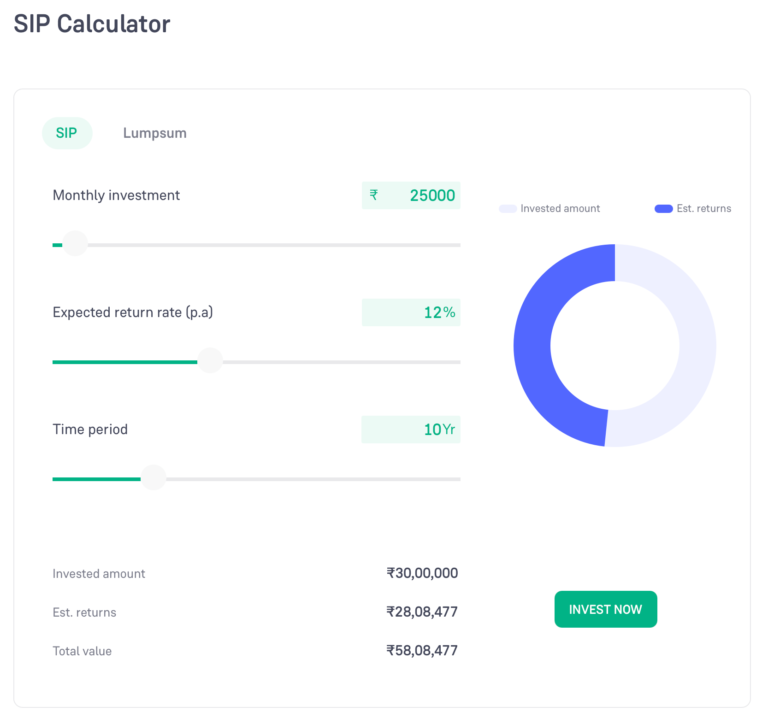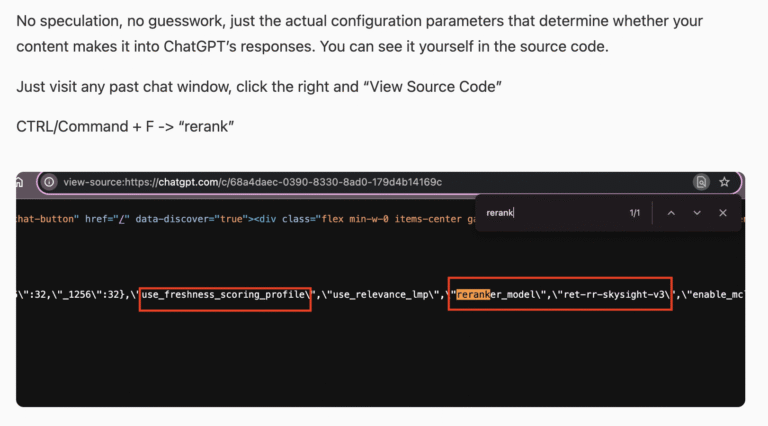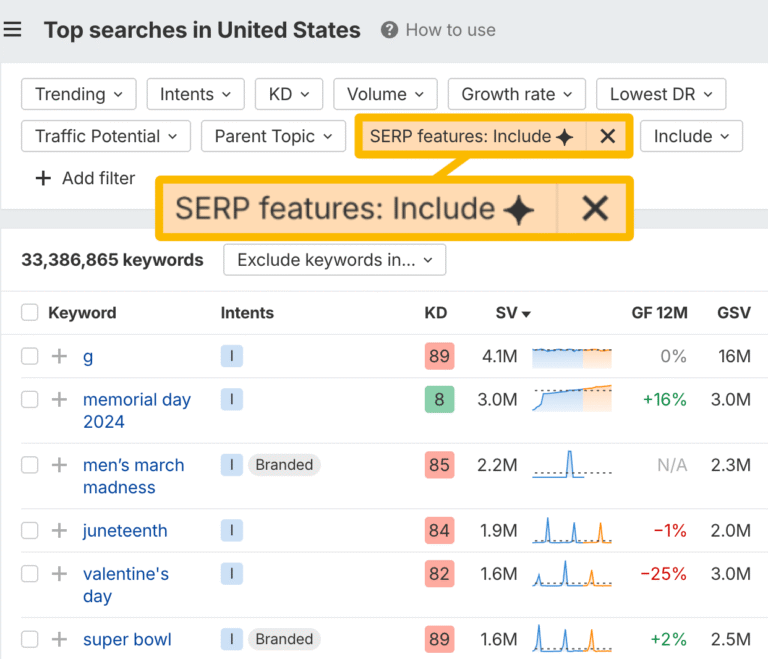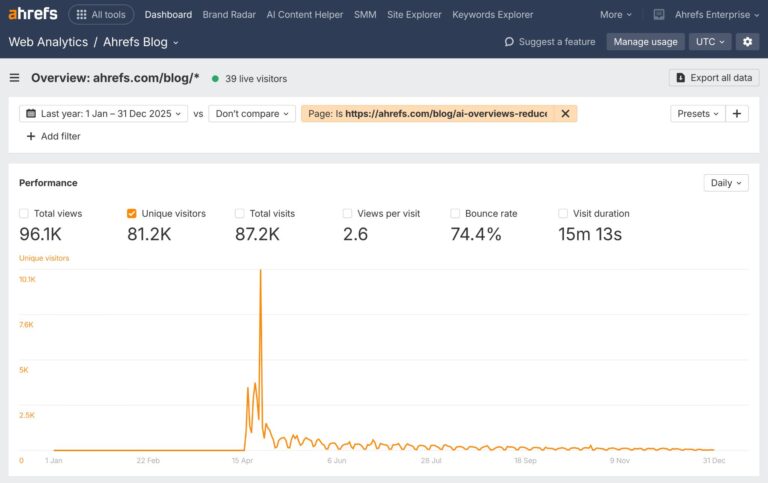The Impact of AI on Constructing an Outstanding Website
Artificial Intelligence (AI) is transforming the way websites are designed, developed, and maintained. It enhances efficiency, personalisation, and functionality, making it easier than ever to create outstanding websites that deliver exceptional user experiences. Here’s a deep dive into the ways AI impacts website construction:
1. Streamlining Website Design
AI-driven tools simplify the design process by automating tasks, providing intelligent recommendations, and improving efficiency.
Key Effects:
-
Automated Website Builders:
- Tools like Wix ADI (Artificial Design Intelligence) and Bookmark AI generate entire websites by analysing user inputs.
- AI automates layouts, colour schemes, and font selections to match the brand’s personality.
-
Dynamic Design Adjustments:
- AI can optimise designs in real time by analysing user behaviour (e.g., repositioning a CTA button to improve click rates).
-
AI-Powered Prototyping:
- Tools like Figma and Adobe XD integrate AI for faster prototyping and design recommendations.
2. Personalised User Experiences
AI enables websites to deliver tailored experiences that cater to individual user preferences, increasing engagement and conversions.
Key Effects:
-
Content Personalisation:
- AI-powered systems recommend content, products, or services based on user behaviour, location, or browsing history.
- Example: Netflix’s recommendation engine or Amazon’s personalised product suggestions.
-
Adaptive Interfaces:
- Websites can adjust layouts and features dynamically for different users or devices.
- Example: Showing simpler interfaces for first-time visitors and advanced options for returning users.
-
Chatbots and Virtual Assistants:
- AI-driven chatbots provide real-time support, answering queries and guiding users through the site.
- Example: Zendesk AI Bots and Tidio integrate seamlessly with websites.
3. Enhancing SEO and Content Creation
AI is revolutionising SEO strategies and content creation, making it easier to rank higher on search engines and engage audiences.
Key Effects:
-
AI-Driven SEO Tools:
- Tools like SEMRush, Surfer SEO, and RankMath provide actionable insights for improving on-page and technical SEO.
- AI analyses keywords, competitor strategies, and search trends to optimise content.
-
Content Generation:
- AI tools like Jasper and ChatGPT help create blog posts, product descriptions, and marketing copy.
- Example: AI generates meta descriptions, titles, and image alt text for SEO.
-
Voice Search Optimisation:
- AI adapts websites to optimise for voice search by understanding natural language queries.
4. Improving Website Performance
AI plays a crucial role in monitoring and optimising website performance to ensure seamless user experiences.
Key Effects:
-
Predictive Maintenance:
- AI monitors website performance, identifying and fixing potential issues (e.g., slow load times or broken links) before they affect users.
-
Performance Optimisation:
- Tools like NitroPack use AI to optimise website speed by compressing images, minimising code, and caching data.
-
AI-Powered A/B Testing:
- Platforms like Google Optimize use AI to test variations of a webpage, automatically selecting the best-performing design or content.
5. Enhancing Accessibility
AI makes websites more inclusive by implementing features that cater to diverse user needs.
Key Effects:
-
AI-Powered Accessibility Tools:
- Solutions like AccessiBe and EqualWeb scan websites and add features such as screen reader compatibility, keyboard navigation, and colour adjustments.
-
Real-Time Transcriptions and Translations:
- AI tools like Otter.ai and DeepL enable websites to provide real-time audio transcriptions and multi-language support.
6. Advanced Analytics and Insights
AI empowers website owners with deeper insights into user behaviour and site performance.
Key Effects:
-
Behavioural Analysis:
- AI tools like Hotjar and Crazy Egg analyse user interactions (clicks, scrolls, time spent) to identify pain points and opportunities for improvement.
-
Predictive Analytics:
- AI predicts future trends based on historical data, enabling proactive adjustments to design and content.
-
Conversion Optimisation:
- AI tools identify patterns that lead to conversions and suggest changes to maximise results.
7. Reducing Development Time
AI accelerates the development process, allowing businesses to launch websites faster without compromising quality.
Key Effects:
-
Code Generation:
- AI-powered tools like GitHub Copilot and OpenAI Codex assist developers by generating code snippets or automating repetitive tasks.
-
Template Customisation:
- AI suggests and applies customisations to pre-built templates, saving time for developers.
-
Error Detection:
- AI-based debugging tools identify and fix coding errors faster than traditional methods.
8. Enabling Predictive and Real-Time Marketing
AI equips websites with marketing capabilities that adapt to user behaviour in real time.
Key Effects:
- Real-Time Recommendations:
- AI suggests products or content based on what users are currently browsing.
- Behaviour-Triggered Campaigns:
- AI integrates with marketing tools like HubSpot or Marketo to trigger emails or pop-ups based on user actions.
Challenges and Considerations
While AI offers immense benefits, there are challenges to consider:
- Cost: Implementing advanced AI solutions can be expensive.
- Privacy Concerns: Collecting and analysing user data requires strict adherence to GDPR, CCPA, and other privacy regulations.
- Overreliance: Excessive automation may dilute the human touch, which some users value.
Conclusion
AI is revolutionising the way websites are constructed and managed, enabling faster development, better user experiences, and more effective marketing. By leveraging AI tools for design, content creation, personalisation, and performance optimisation, businesses can create outstanding websites that stand out in a crowded digital landscape. Embracing AI responsibly and strategically will be essential to staying ahead in the evolving world of web development.


